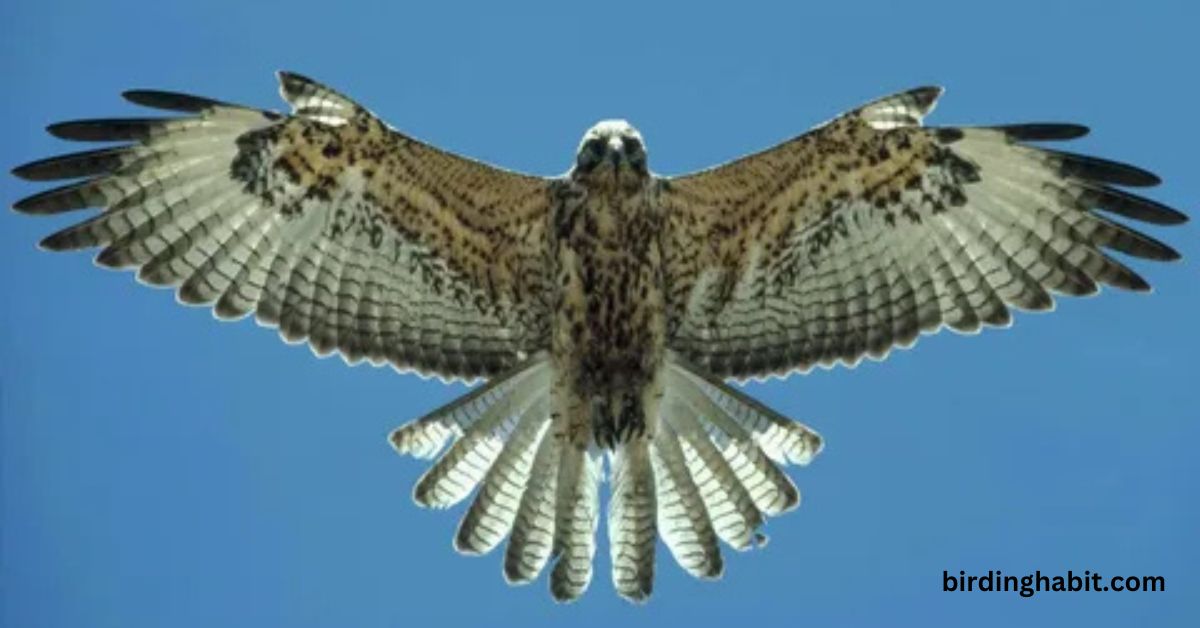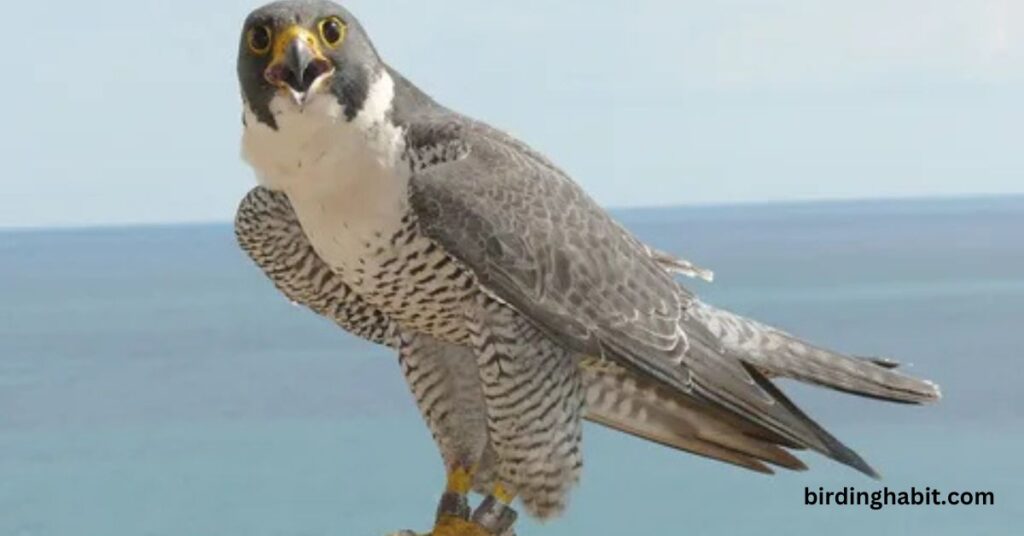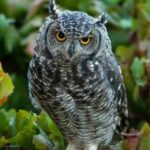Falcons, the majestic and powerful birds of prey, have captivated the human imagination for centuries. Renowned for their speed, agility, and keen hunting skills, these raptors occupy a prominent place in the world of avian predators.
Their unique abilities set them apart from other birds, and their presence in diverse habitats worldwide only adds to their allure.
But what exactly are falcon birds known for? In this article, we explore the defining traits and characteristics that make falcons fascinating creatures.
Renowned for their unmatched speed, keen hunting skills, and impressive flight techniques, falcons have captivated human imagination for centuries.
These birds of prey, found across diverse habitats worldwide, are not only known for their physical prowess but also for their cultural significance and historical importance.
From their incredible speed, making them the fastest animals on Earth, to their sharp vision and skillful hunting methods, falcons stand out as masters of the sky.
But what exactly makes falcon birds so unique? In this article, we delve into the extraordinary traits and behaviors that define these magnificent birds.
Table of Contents
Toggle1. Incredible Speed: The Fastest Birds on Earth
One of the most extraordinary traits that falcon birds are known for is their speed. The Peregrine Falcon, in particular, holds the title of the fastest bird, reaching speeds of over 240 miles per hour (386 km/h) during a hunting dive, known as a stoop.
This breathtaking velocity makes falcons not only the fastest birds but also the fastest animals on the planet. Their ability to dive at such high speeds allows them to outmaneuver prey mid-air, striking with precision and power.
2. Keen Hunting Abilities
Falcons are highly skilled hunters, equipped with extraordinary eyesight and a predatory instinct that enables them to catch prey with ease. Their vision is among the sharpest in the animal kingdom, allowing them to spot prey from a distance of up to two miles away.
Falcons primarily hunt small to medium-sized birds and mammals, using their speed to dive down and snatch their quarry mid-flight. Their strong, curved talons provide a firm grip to hold onto their prey once captured.
Unlike many other birds of prey that rely on perching to hunt, falcons are known for their active hunting style. They prefer to hunt in open spaces, soaring high above the ground before swooping down at lightning speed to capture their prey.
3. Adaptability Across Habitats
Falcons are found across a variety of habitats, from coastal cliffs and mountain ranges to urban landscapes. Their ability to thrive in diverse environments is a testament to their adaptability.
While some species of falcons are native to remote and rugged areas, others, such as the Peregrine Falcon, have successfully adapted to city life. In urban areas, falcons can often be seen nesting on tall buildings, using the skyscrapers as hunting perches.
Their ability to live and hunt in such close proximity to humans highlights their resourcefulness and resilience.
4. Impressive Flight Mechanics
Falcons are masters of flight, and their aerodynamic bodies are designed for speed and precision. Their long, pointed wings and streamlined bodies allow them to cut through the air with minimal resistance.
The shape of their wings, often referred to as “falcon wings,” is perfectly suited for high-speed dives, while their tail feathers provide exceptional control during flight.
When hunting, falcons demonstrate incredible maneuverability, capable of sharp turns and quick directional changes that enable them to chase down evasive prey.
One of the most striking aspects of falcon flight is their ability to perform a stoop. This dramatic hunting technique involves folding their wings close to their bodies and diving at astonishing speeds toward their prey.
This maneuver, combined with their sharp talons, makes falcons some of the most efficient hunters in the bird world.

5. Cultural Significance and Symbolism
Falcons have long held cultural significance in many societies, where they are often viewed as symbols of power, freedom, and grace.
In ancient Egypt, falcons were revered as the embodiment of the god Horus, who was depicted with a falcon head. The bird’s swift flight and hunting prowess were seen as representations of divine strength and protection.
In medieval times, falconry, the practice of hunting with trained falcons, was a pastime of the nobility. Falcons were valued for their hunting skills, and the art of falconry was passed down through generations.
Today, falconry is still practiced in some parts of the world, preserving the tradition and the bond between falcons and humans.
6. Conservation and Protection
Despite their remarkable abilities, falcons face various threats, particularly habitat destruction and pesticide use. In the mid-20th century, the use of the pesticide DDT led to a drastic decline in falcon populations, as it caused their eggshells to thin, leading to unsuccessful reproduction.
Conservation efforts have played a significant role in protecting falcons and their habitats. Today, many species of falcons are carefully monitored and protected through wildlife conservation programs, and their populations are gradually recovering.
Conclusion
Falcon birds are known for their unmatched speed, extraordinary hunting skills, and exceptional flight capabilities. These birds have earned their place as the fastest and most agile predators in the sky, captivating observers with their prowess and grace.
Whether soaring above mountains, hunting in urban landscapes, or symbolizing power and freedom in cultures across the world, falcons remain a source of wonder and admiration.
Their adaptability, fierce hunting nature, and majestic flight will continue to ensure their place as one of nature’s most remarkable birds of prey.
Falcons are also admired for their sharp eyesight, which allows them to spot prey from great distances. These birds of prey play a crucial role in maintaining ecological balance by controlling populations of small to medium-sized animals.
Additionally, falcons have a long history of human fascination, often used in falconry due to their intelligence, agility, and loyalty to their handlers. Overall, falcons are iconic for their combination of beauty, strength, and unparalleled hunting capabilities.


